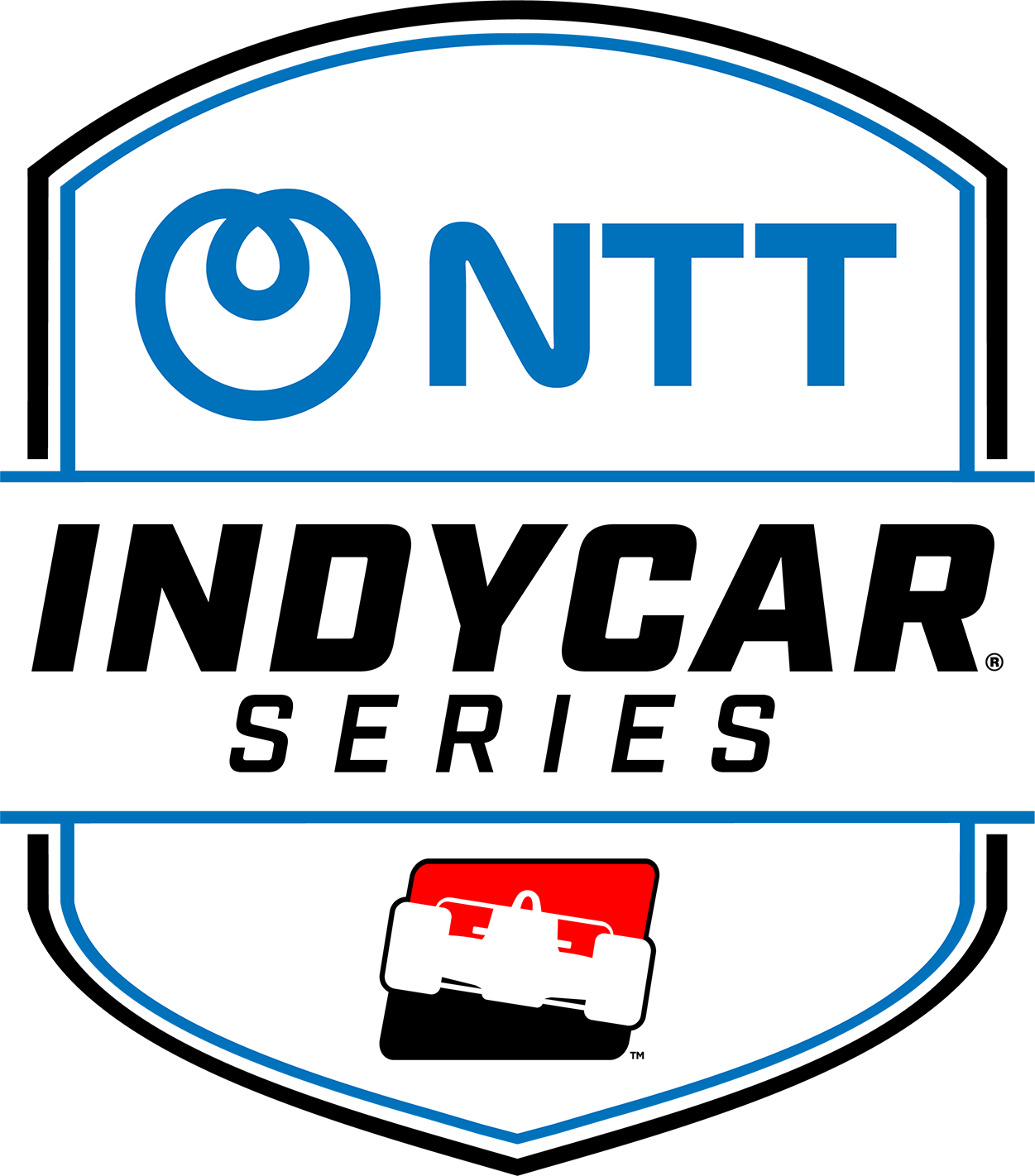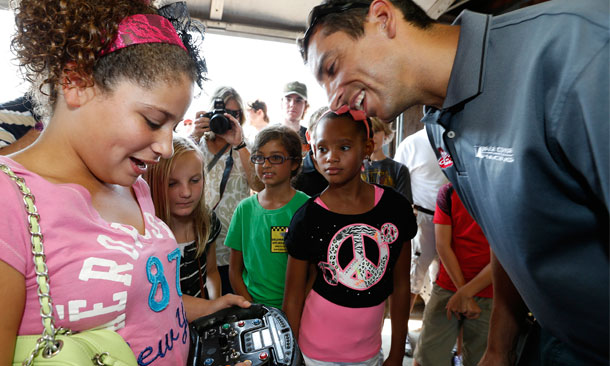Wilson is sharing lessons of living with dyslexia
AUG 29, 2012
Justin Wilson’s brief message, while simple, nonetheless was heartfelt and profound.
"What I've learned in my career is you have to work at it," the veteran Indy car driver told the group of youngsters. "It doesn't matter what you're doing. There are a lot of talented drivers out there and if I want to be one of them and if I want to compete and beat them, I've got to work as hard if not harder.”
To overcome dyslexia, Wilson had to gain a work ethic, and he encouraged the group – all of whom are dealing with the learning disability – not to give up in school or life situations.
"When you’re at school, you think ‘why am I here?’ Trust me, it’s worth it," he added. “It will help you much later in life. You can achieve anything you want if you set your mind to it and work hard.”
It gave Wilson motivation to achieve, and recently he’s been sharing his uplifting life story with local chapters of the International Dyslexia Association at IZOD IndyCar Series venues. He’ll entertain a group from the Baltimore branch – the IDA headquarters – during the Grand Prix of Baltimore presented by SRT this weekend.
The IDA actively promotes effective teaching approaches and related clinical educational intervention strategies that address the full scope of dyslexia and related difficulties in learning to read and write.
 Escaping social stigmatisms
Escaping social stigmatisms
Wilson, 34, has dealt in various ways with dyslexia all his life, though it wasn’t diagnosed until he was 13 in the UK. Since the age of 8, when he began karting, racing was an oasis from schoolwork and social stigmatisms.
“Obviously, it’s something I’ve had all my life and it’s just something you deal with and get on with,” he said matter of factly. “You’re not going to change it; just work around it. Racing was my passion from the start, and because it came to me so much easier than all my schoolwork I naturally went toward that. It was a separate world I could go into. Totally separate friends, totally different experience.
"People just put me down as lazy and stupid. That's why I focused on my racing because I didn't think I was."
Wilson progressed quickly through the formula car ladder, and reached the pinnacle of European motorsports by competing in Formula One. He ran four years in the Champ Car World Series, finishing as series runner-up in 2006 and 2007, and joined the IZOD IndyCar Series in 2008.
“The hard work at school I took that across into the racing world and just tried to apply myself and work as hard as I can,” he said. “It’s the hard work and dedication that has gotten me to where I am today.”
Learning through sharing
Wilson didn’t give a thought about sharing his personal story until earlier this year. His brother, Stefan, also has dyslexia.
“I never really understood the benefits of talking about it before, but your story might help someone,” he said. “To me, it’s just who I am and is part of my life. To see some of these children and the response you get afterwards and during the talks, how they can relate to it makes a lot of sense now.
“Anything you can do to bring awareness to dyslexia; it’s not a disease but just a learning difficulty that you have to work around and deal with. It makes life a little bit harder, but (aids) are advancing all the time.
“With my struggles, when my brother started school we got him tested straight away and found out he was dyslexic as well and they did extra things when he was 5-6-7 years old and he seemed to deal with school so much better than what I did just getting that help early. The more you can do early on the more you can lead a normal school life.
“In some areas of the country there’s still a limited understanding of dyslexia and not a lot of providing for some children. Schools aren’t able to do that. Just talking to anyone about it helps me understand it more, and I understand it so much more than I was in school. I know I’m different and work really hard.”
Racing line easier to read
Fortunately, Wilson says, there’s not a lot of essay writing in racing. He writes reports in note form, and bulleted items help him understand better.
“I don’t see the word as other people do,” he explained. “I only see the middle part of the word and have to read a sentence three or four times before I know what it means. Computers have helped a lot and it’s helped my spelling, but for years spellcheck would look at it and I would say, ‘OK, to save time.’ (But) I really want to learn how to spell that. I need to understand that. ‘OK, I got the e and i wrong way around again.’
“The more conscious you are and the more you understand the better you are of fixing it.”
















